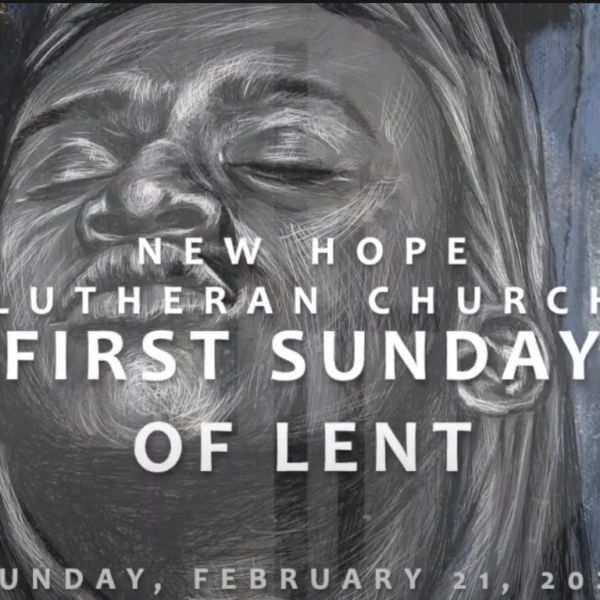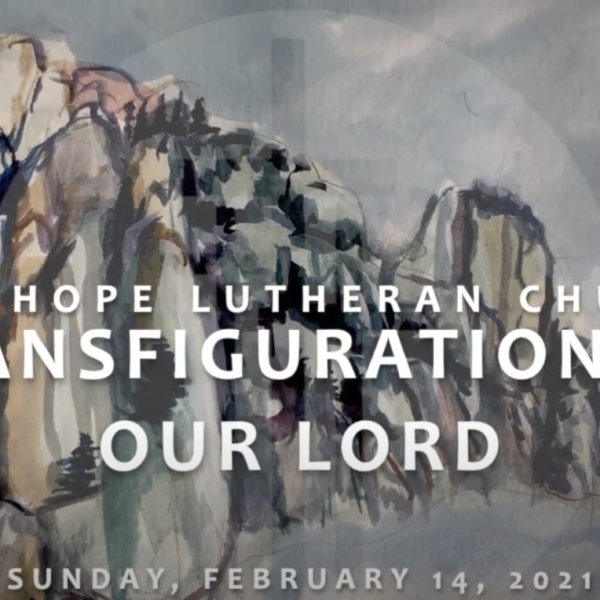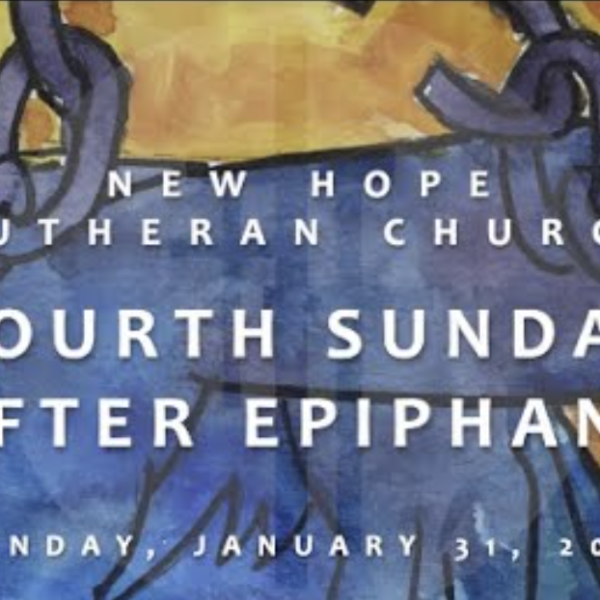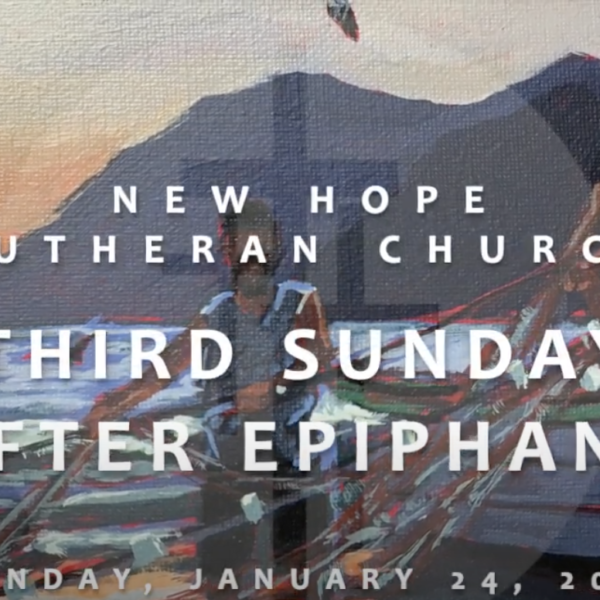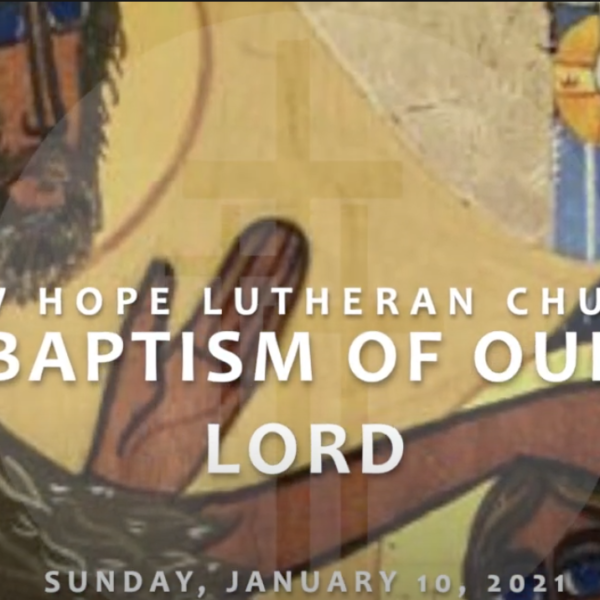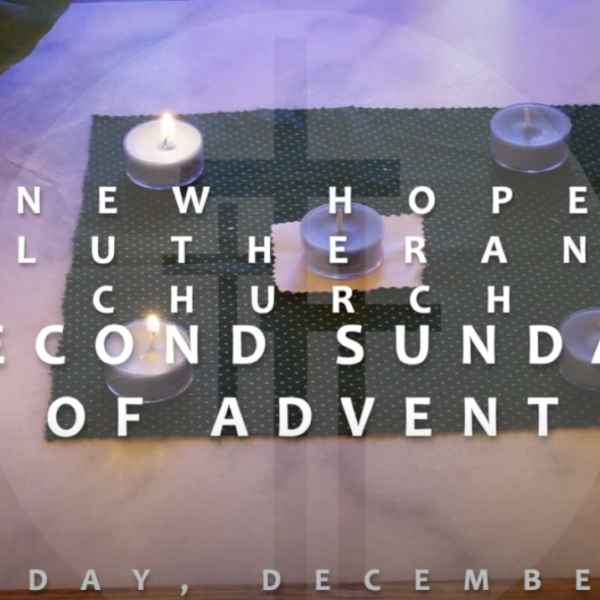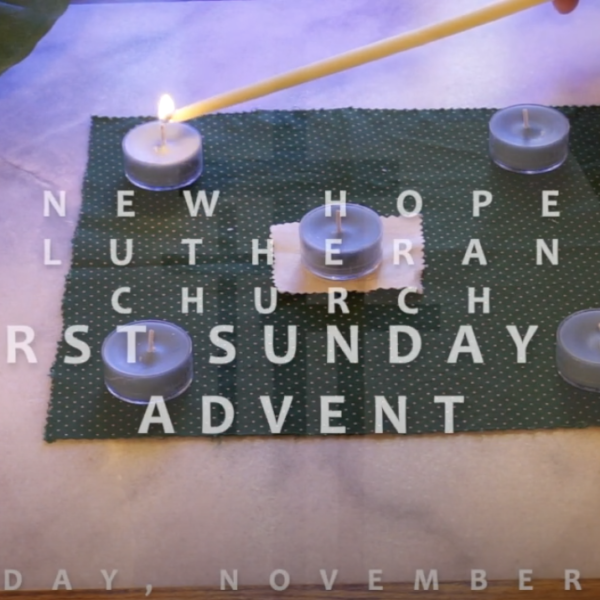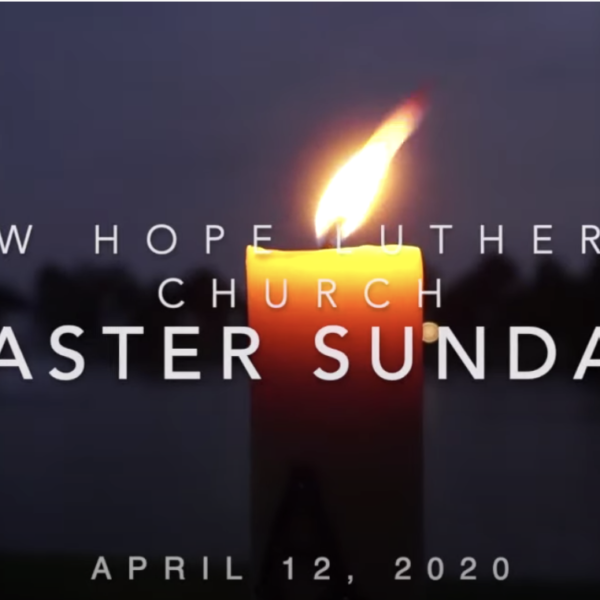First Sunday of Lent 2021
Mark 1:9-15
9 In those days Jesus came from Nazareth of Galilee and was baptized by John in the Jordan.
10 And just as Jesus was coming up out of the water, he saw the heavens torn apart and the Spirit descending like a dove on him. 11 And a voice came from heaven, “You are my Son, the Beloved; with you I am well pleased.”
12 And the Spirit immediately drove Jesus out into the wilderness. 13 Jesus was in the wilderness forty days, tempted by the Accuser; and Jesus was with the wild beasts; and the angels waited on Jesus.
14 Now after John was arrested, Jesus came to Galilee, proclaiming the good news of God, 15 and saying, “The time is fulfilled, and the dominion of God has come near, repent, and believe in the good news.”
—————
Please pray with me this morning, church:
Holy Wisdom,
Sometimes the wilderness feels endless.
Sometimes it’s all just too much.
Find us, this morning.
Find us, and lead us, and don’t leave us there.
Remind us of your nearness.
Amen.
—————
“I never thought my emergency preparedness or wilderness survival skills would be useful in the suburbs…”
How many of you had that thought this week?
Be honest…
Some of you know, I’m an Eagle Scout, and so while I’m thankful that I didn’t have to resort to pulling that far back in the skillset, I suppose it’s a comfort to know I could if I needed. I just…who would have thought that those kinds of skills would be useful or even needed in a time and a place like this? I mean, we have these hundreds of thousands of dollar homes, every creature comfort we could want, security systems, fireplaces, Egyptian cotton sheets… All reduced to naught…from a winter storm…
Wilderness survival, indeed.
We talk about Lent that way…wilderness, I mean.
It’s one of my favorite ways to talk about Lent actually…” a journey through the wilderness”…
We’re familiar with wilderness.
Maybe not camping, or backpacking, or sub-zero sleeping bags and MREs and starting fires with flint and steel…but we know wilderness. You know what it’s like to feel directionless.
You know what it feels like to feel so completely overwhelmed that you don’t even know if you can lift up your foot, much less which way to start traveling. You know what it feels like to have the icy blast of grief and hurt make its way all the way down your spine. You know what it’s like to expend more calories than you put in, working yourself to the bone, pouring so much out of yourself without ever pausing to receive and be filled up. You know what it feels like to lose your map, that thing in your life that no matter what else, that thing……or that person……would always tell you where you need to go…you know what it feels like to lose that…to not have them anymore…
Yeah…we know wilderness.
What are our survival skills? What helps you through those wildernesses?
In this season of Lent, what sustains you?
Church, to be completely honest, this whole pandemic event has felt like in some ways, Lent never really stopped. It feels like one long Lenten season.
And so you add a crisis on top of a disaster, and it becomes really hard to see your way through this wilderness…
And so in this season…in this wilderness…in this long Lent…what has sustained you? What has kept you going?
One of the first things I notice in our readings from Genesis and Mark this morning is the catastrophes. Maybe that’s true for you, too. Something about our news cycles that have us more tuned in to the bad stuff than the good. But the first things I notice are the flood, the loss of life, the temptation, the wilderness.
I’m initially kind of drawn to this negative part of the story, instead of what I notice on a second or third reading…God’s covenant, God’s promise, God’s declaration, God’s provision.
Isn’t that sometimes how it happens? Sometimes it’s only on a second or third reflection, only in hindsight, sometimes it’s only with some distance…that we’re able to see God present in those wilderness times.
Our theme for this season of Lent this year comes to us from a sanctified art and it’s called Again & Again: A Lenten Refrain. The theme reminds us that again and again, suffering and brokenness find us. Again and again, patterns of injustice, violence, hurt, and anger seem to win the day. Again and again is a familiar refrain, an unfortunately familiar pattern.
But even in the midst of that wilderness, our theme begs us to remember that again and again, God shows up. Again and again, God keeps God’s promises. Again and again, God chooses you, names you, claims you, and loves you back to life.
Again and again, God reminds us of God’s presence.
The covenant God made with Noah was a promise of presence. “I establish my covenant with you that never again shall all flesh be cut off…” Never again, will God’s people be cut off from God. God promises to remain. It’s a promise of presence.
God’s promise to Jesus in the Jordan is a promise of presence. “You are my Son, the Beloved. With you, I am so, so pleased.” God names Jesus, and God names you, as a beloved child. It’s a promise of presence.
“Jesus was in the wilderness for forty days, being tempted. Jesus was with the wild beasts, and the angels waited on him.” The angels served Jesus. It’s a promise of presence.
“The reign of God is near, it is imminent, it is close.” It’s a promise of presence.
Who needs your presence this week, church?
Who can you reach out to and check in on during this wilderness season?
We’ve heard so many stories this week, church, of you, stepping up and reaching out. So many stories of you showing up as the hands and feet of Christ in our community this week. I talked about it on Ash Wednesday, but when we put out the call this week that we had folks in our community without water and power, we had so many more offers to help than we had need.
You are the angels sent to serve in the midst of this wilderness, church.
You are the ones baptized and named beloved by God and sent out to live and love like Jesus in our hurting world.
Time to put those survival skills to work.
Yours is the presence we need in this wilderness.

